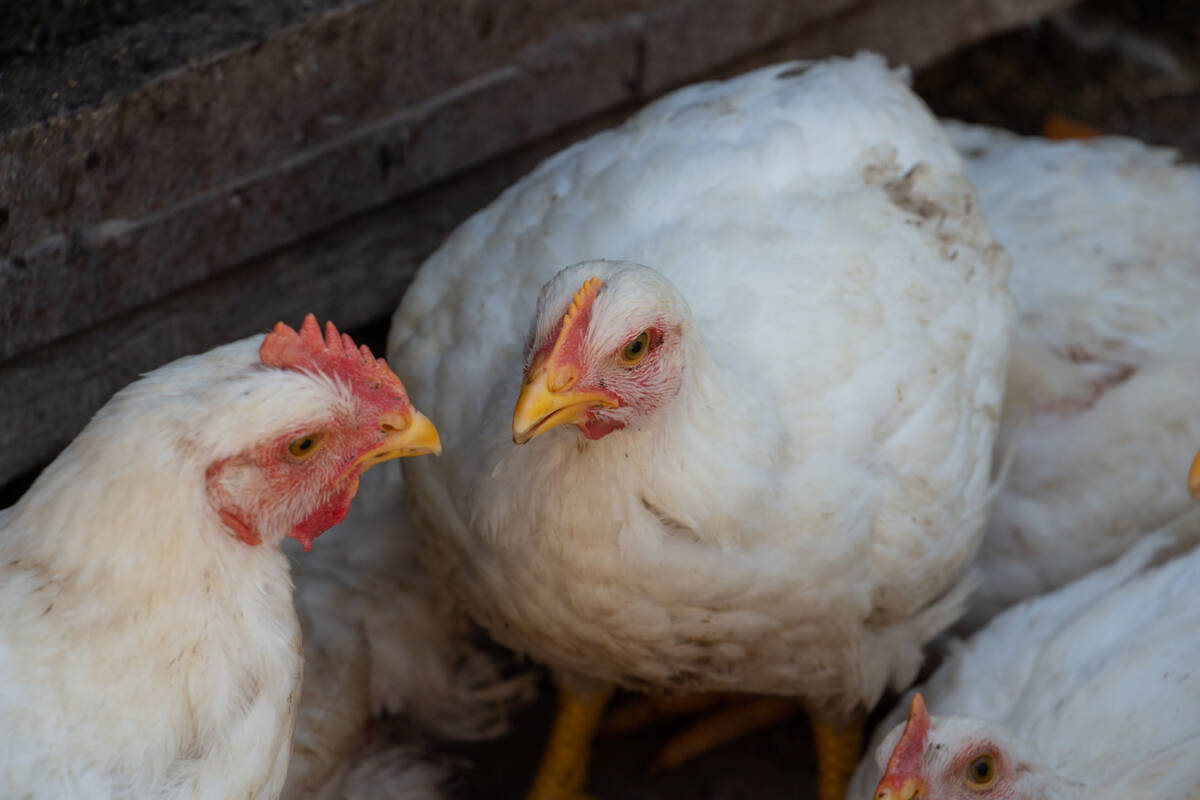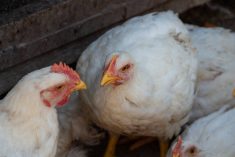Owners of horses or other equines who plan to sell their animals to meat processors in Canada should be recording health information starting Sunday (Jan. 31), the Canadian Food Inspection Agency advises.
That means keeping records of all vaccines or medications administered or fed to their animals, and of any occurrence of illness in those animals, the agency said last week.
The advice applies to any equine owners “who wish to keep their sale options open” for their animals, the agency said.
Collecting such data “will better prepare the equine industry for July 31, 2010,” the agency said. That’s when it will be mandatory for all federally-inspected equine processing plants to have complete records dating back six months for all domestic and imported animals presented for slaughter.
Read Also

Chicken, eggs benefit from demand for economical protein
Strong demand for protein and status as an economical alternative to beef bodes well for chicken and egg demand in 2026 according to recent analysis from Farm Credit Canada.
The record-keeping requirements apply to owners of horses and their crosses, referred to as equine.
The CFIA plans to launch a new Equine Information Document (EID) as the first step in the development of a “comprehensive food safety and traceability program for the Canadian equine industry” for domestic and international markets.
Anyone selling equine may have to provide an EID at ownership transfer, the agency said, and that will need an owner-signed declaration to verify the accuracy of the information.
CFIA also noted a number of medications and substances are banned from being administered or fed to equine intended to be slaughtered for human consumption.
The CFIA has a list of those medications and substances on its website, along with a list of drugs allowed for use in equines with a six-month withdrawal period.














